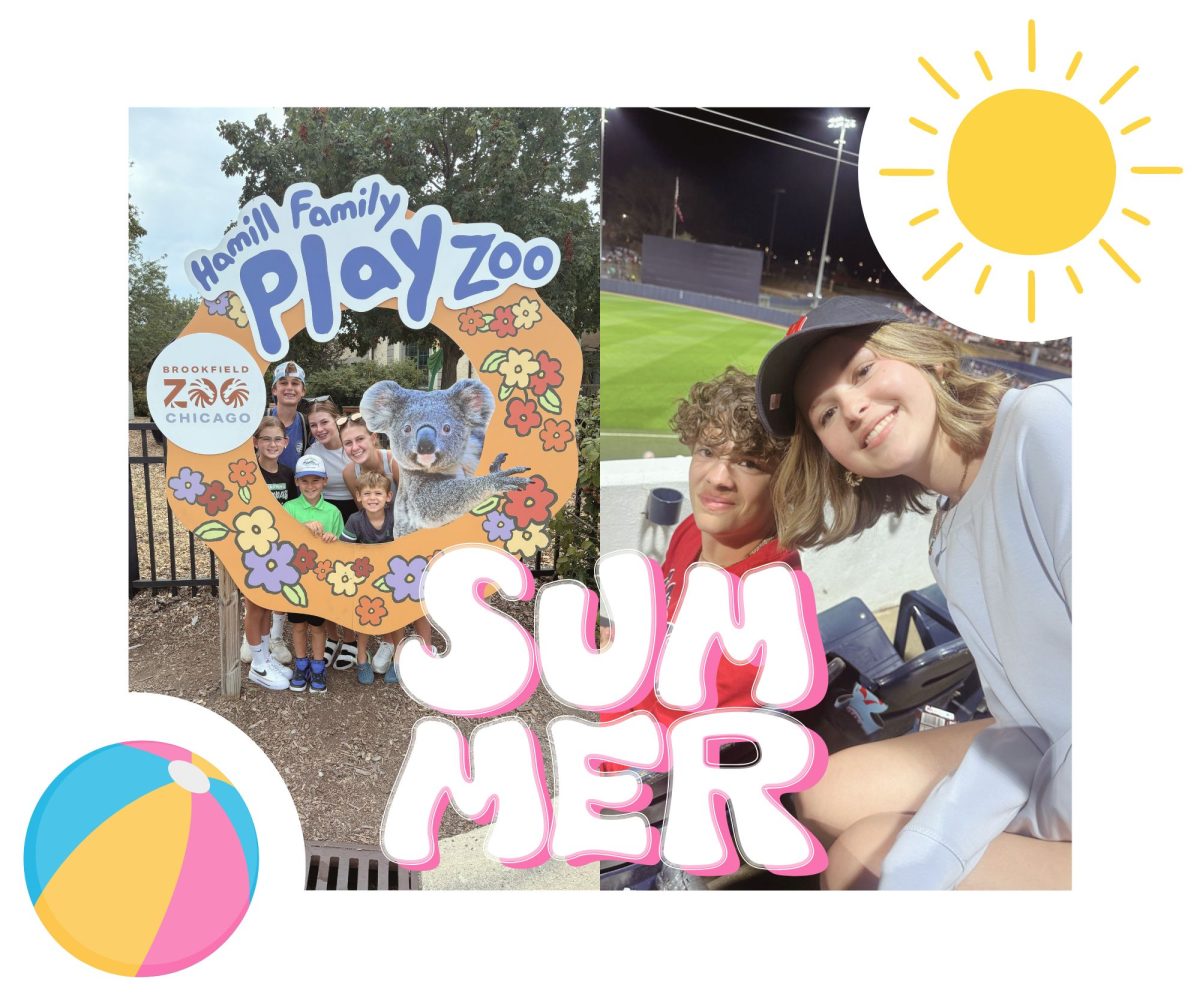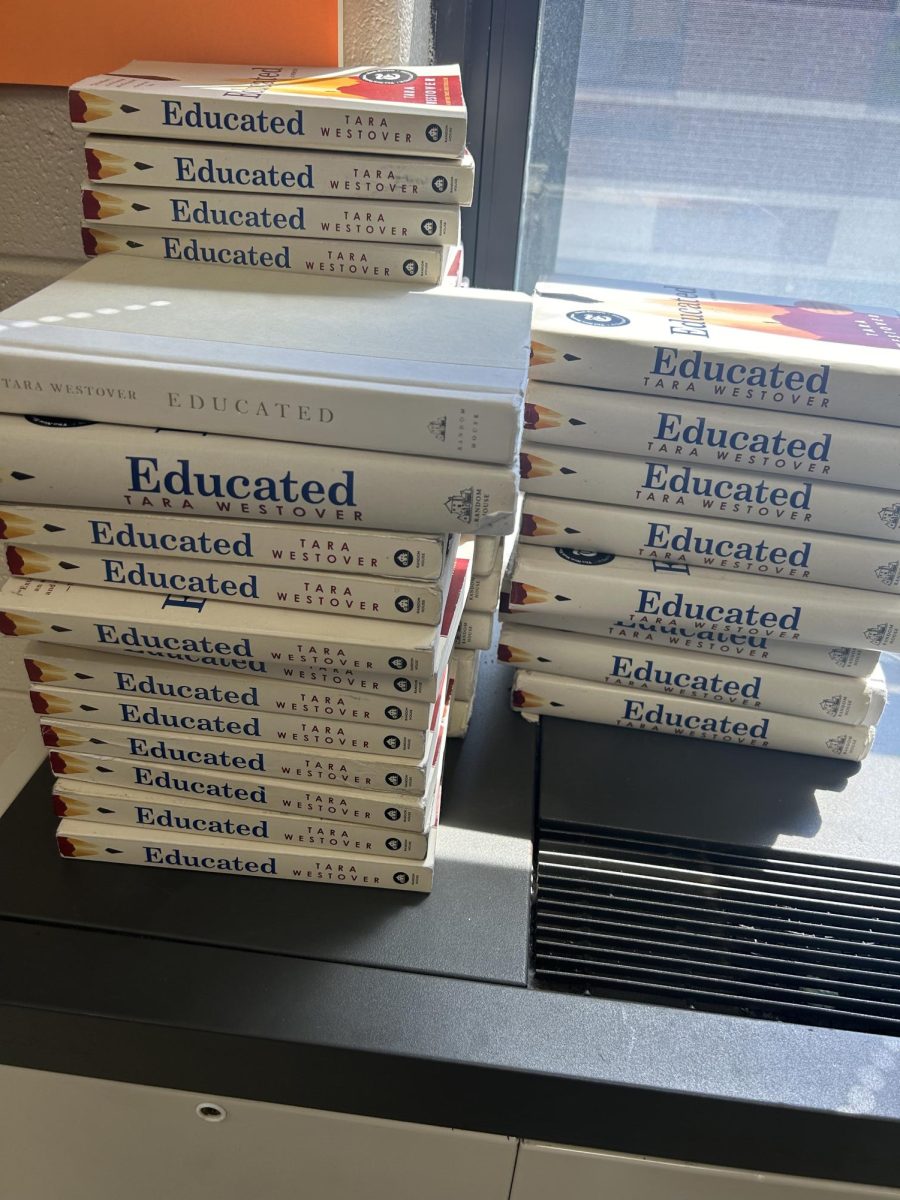A first love can feel like magic: getting butterflies any time the other person is even in the same room as you, or heaven forbid you make eye contact with one another. It’s an intense feeling, exciting and unforgettable, but what if it also shapes our future, the way we see ourselves, and the way we handle our relationships down the line?
Dating early in life can have significant psychological, emotional and social effects, influencing one’s self-esteem, personal development and the dynamics of future and current relationships, whether romantic or platonic. While early romantic relationships may create emotional intelligence and social skills, they can also contribute to stress, distraction from academic goals and the formation of unhealthy relationship patterns.
One of the most significant adverse effects of early dating is the impact it can have on one’s mental health. Adolescents in unhealthy relationships often experience depression both during and after the relationship. Breakups, emotional manipulation, or constant fighting and conflict may lead to feelings of sadness, hopelessness and low self-worth. I personally know many people who have fallen into deep depression because of toxic relationships, constantly being drained of energy and joy by recurring conflicts and immature spats. When a relationship becomes the center of a young person’s life, its failure can create a deep emotional void, making it difficult to focus on previously important aspects in their lives such as academics, sports, friendships, personal growth and relationships with family. If you’re in a relationship that’s draining your energy or making you feel worse about yourself, take a break from the relationship and talk to someone you trust. Yor peace matters more than any relationship.
In some cases, especially more recently as new body standards are put into place, early dating can contribute to body image issues and eating disorders. Juveniles may feel pressured to look a certain way to attract or maintain a partner’s interest, leading to unhealthy eating habits. Someone I know in particular used to date this guy who would constantly degrade her and shame her for eating the food she liked, which led her to stop eating as much and develop an eating disorder. Eventually, she did get better and broke up with him to focus on herself and her health. Negative comments from a partner about appearance or comparisons to others can further damage self-esteem, increasing the likelihood of developing eating disorders, leading to harmful contributions to physical and mental health. If someone you’re dating makes you feel bad about how you look or eat, that’s not love, it’s control. You deserve to feel confident and respected in your own body without having to rely on your partner’s opinion.
Beyond emotional consequences, early dating can negatively impact academic performance. When a teen prioritizes their relationship over schoolwork and extracurricular activities, their grades and future opportunities may suffer. Becoming preoccupied with their relationships, young people’s grades, motivation, time management skills, and focus on schoolwork all decrease. As a result, students may struggle to keep up with assignments, see a drop in their grades and develop poor study habits that affect their long-term educational success and future goals. Try setting healthy boundaries around time management and make sure you’re still investing in yourself, your goals, and your future. Make sure you’re still spending time working towards good grades and involving yourself in extracurriculars. A relationship shouldn’t cost you your dreams; if anything, they should be rooting for you to achieve them.
Lastly, early dating can hinder personal development and self-discovery by shifting focus away from introspection and individual growth. One’s adolescence is all about figuring out who they want to be, who they are, what they do with their lives, and overall growing and maturing. Being in a relationship may cause young individuals to prioritize their partner’s needs over their own, leading to emotional dependency. Someone close to me dated a girl in middle school who relied on him for everything and was unable to do anything, not even speak, without him present. Relying on their relationship for validation rather than developing a strong sense of self-worth prevented them from important experiences like forming other friendships, participating in activities outside of the relationship and learning how to handle challenges and be able to feel happiness independently. As a result, their emotional maturity and ability to navigate future relationships and responsibilities independently were jeopardized and my close friend still carries some of those harmful habits and dependencies. Take time to build your own identity outside the relationship; spend time alone, explore your interests, and surround yourself with other people who support your growth. You matter just as much as the person you’re dating.
Though it has its consequences, dating at an early age is not as harmful as it seems and actually has many benefits, including helping adolescents develop important social and emotional skills.
For example, many of my friends who are currently in happy, healthy, relationships are the most secure and confident people I know and have gained so much more self-assurance and social skills than they had before the relationship. Not to mention, some of my friends who aren’t currently in relationships but previously had them, also gained confidence, those relationships helped them explore standards and what they’re looking for in a partner. Even if it doesn’t last forever, every relationship can teach you something. Learn what feels right and what doesn’t because that’s how you build healthier relationships in the future.
Being in a relationship at a young age can teach communication, empathy and conflict resolution which are all very valuable for future personal and professional interactions. It can also provide emotional support during stressful times, boosting self-confidence and a sense of belonging. Additionally, early dating experiences can help people learn about their own values, boundaries and expectations in relationships, which help them prioritize their needs, prepare them for healthier connections in the future and increase overall happiness. Use this time to figure out what your boundaries and values are. Knowing what you want and need will only make your future relationships healthier.
To conclude, early relationships can have both positive and negative effects on adolescents. On one hand, they can provide valuable lessons in communication, empathy, and emotional support, helping young people navigate their own identities and future relationships with better understanding. However, they can also become a distraction, negatively impacting academic performance and personal development by fostering emotional dependency and preventing self-growth. Ultimately, the impact of early dating depends on how well adolescents balance their relationships with their own personal responsibilities and growth. When approached with maturity and self-awareness, early relationships can be a positive learning experience. Just remember, a healthy relationship should add value and happiness to your life, not take away from it. Make sure to always put yourself first; your joy, growth, and goals should never come second to a relationship.








